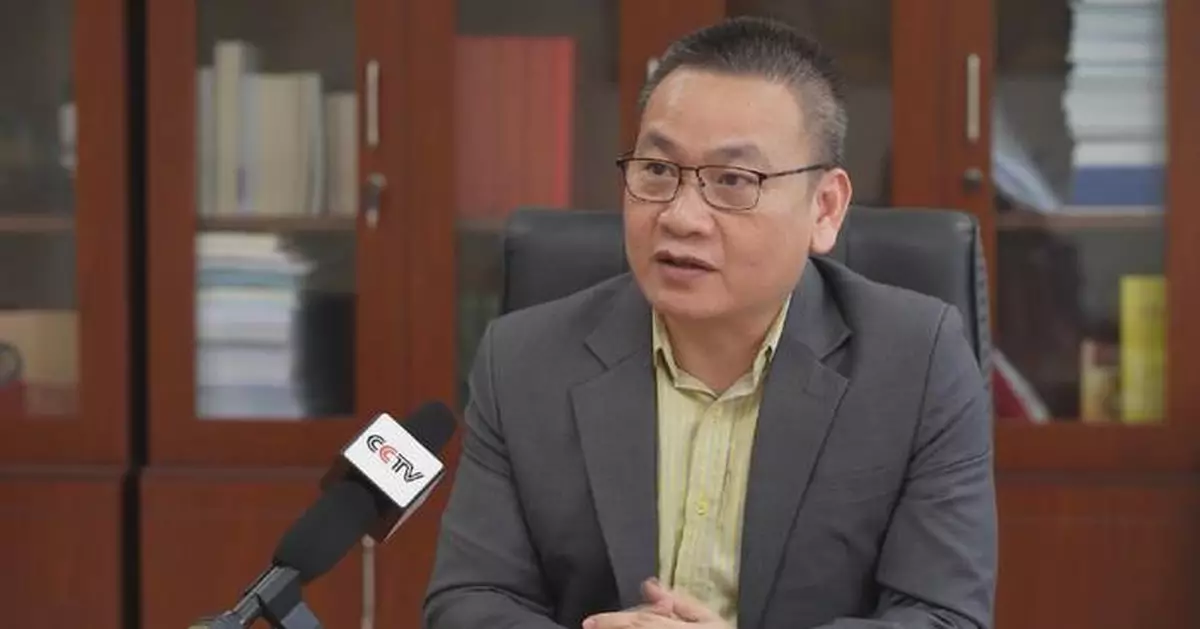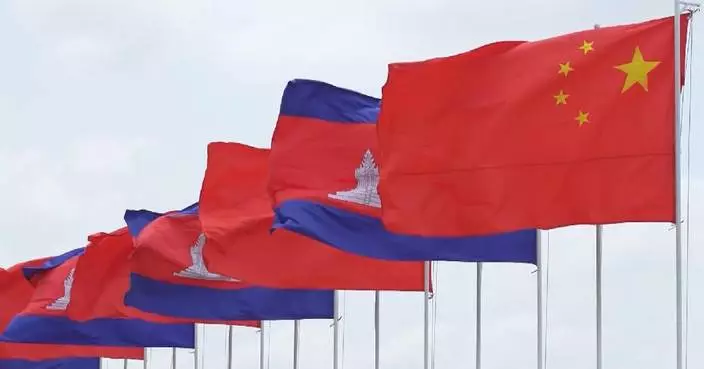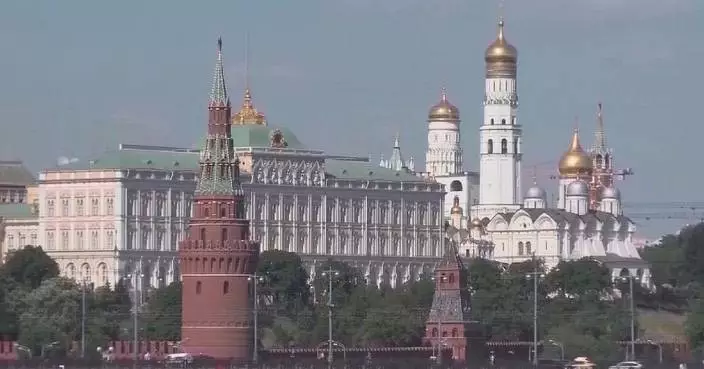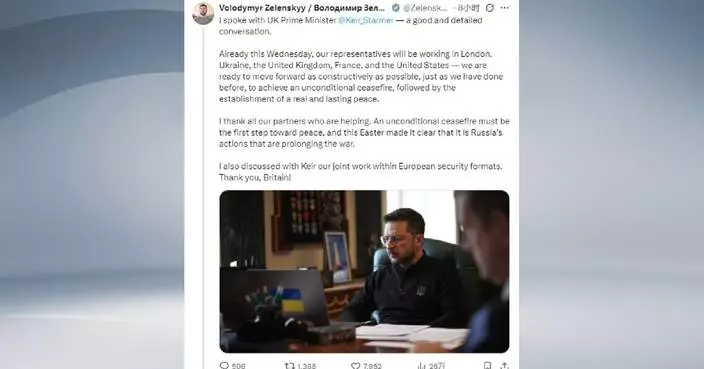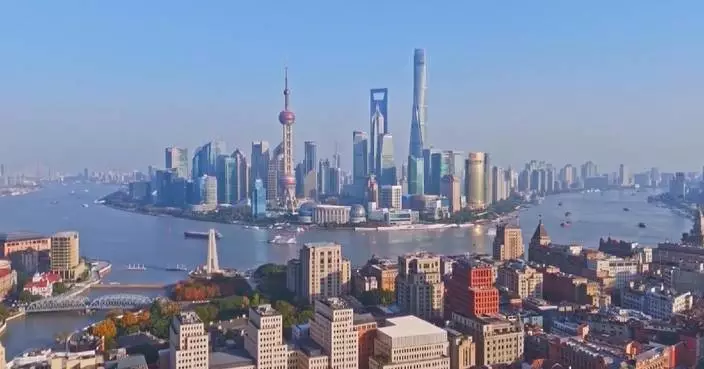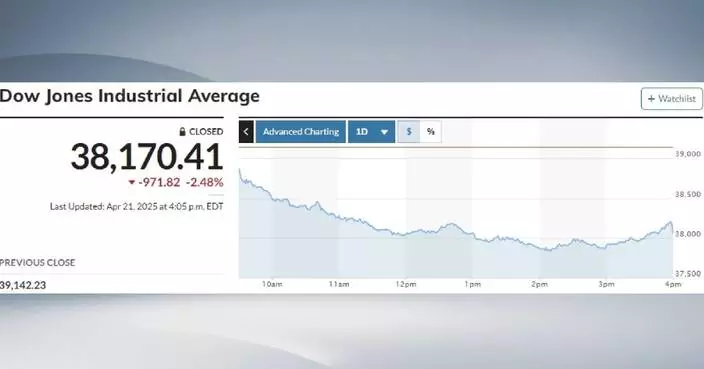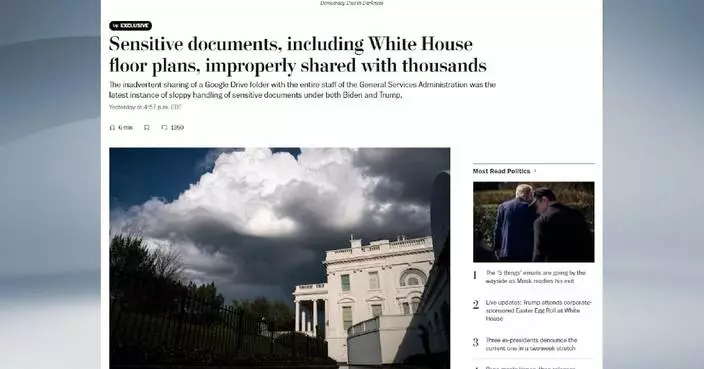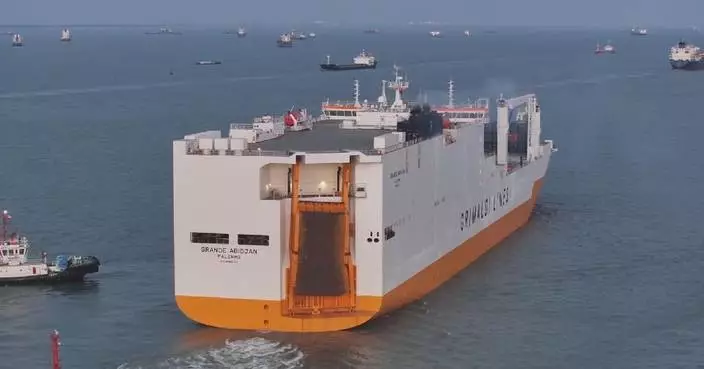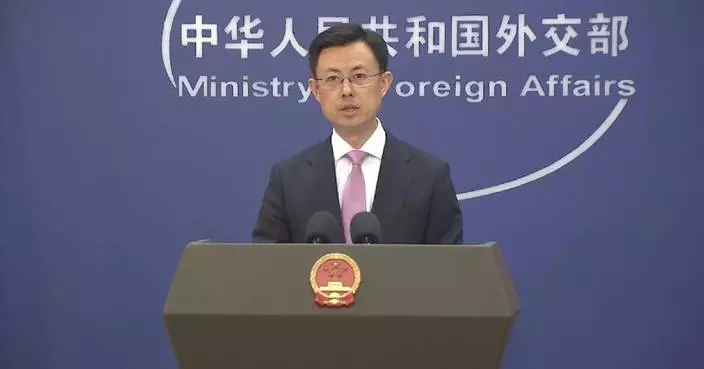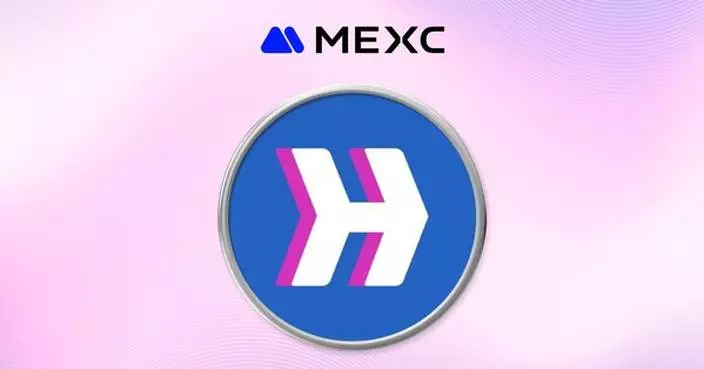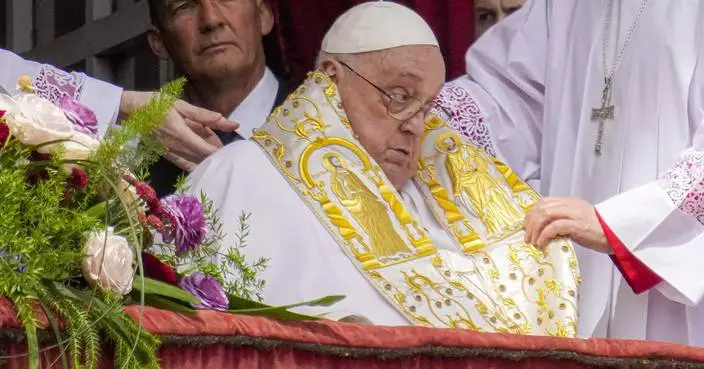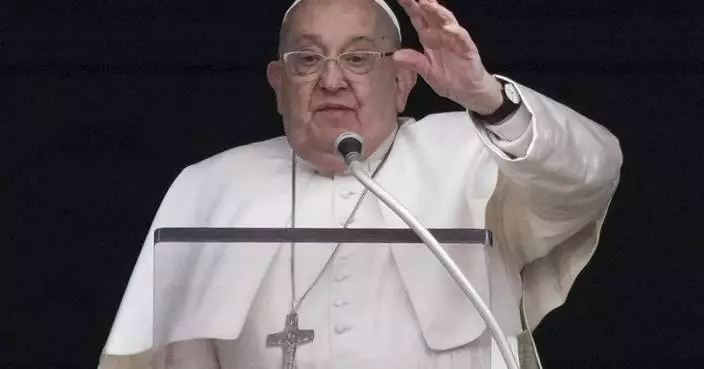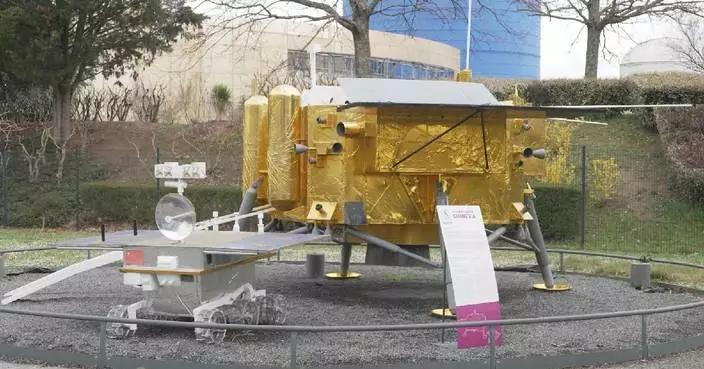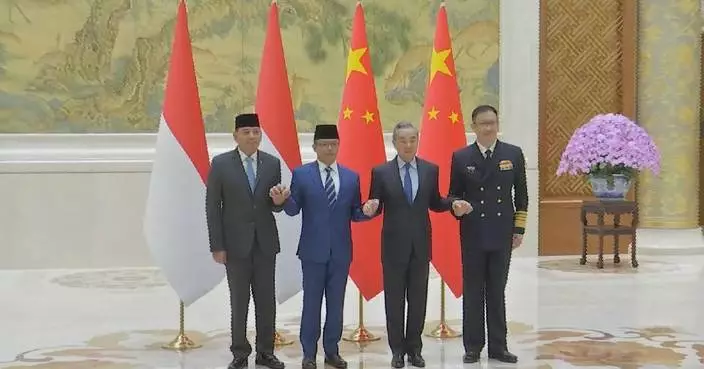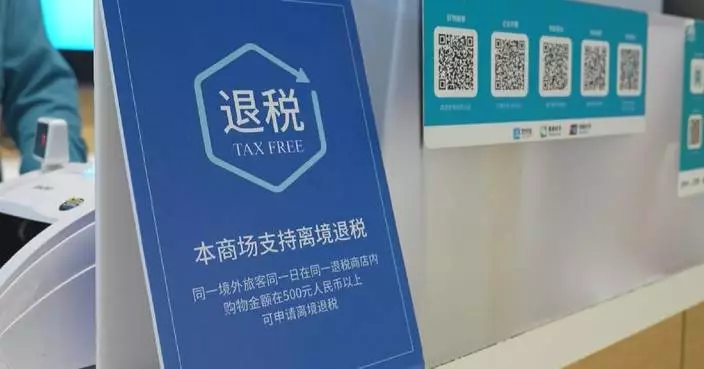Vietnamese academics, business leaders, and civic leaders have welcomed Chinese President Xi Jinping's state visit to Vietnam earlier this week, describing it as fruitful and significant.
Chinese President Xi Jinping was in Vietnam from April 14 to 15 on a visit that coincided with the 75th anniversary of the establishment of diplomatic ties between China and Vietnam.
During the visit, Xi and To Lam, general secretary of the Communist Party of Vietnam (CPV) Central Committee, witnessed the signing of 45 bilateral cooperation documents between China and Vietnam covering areas including connectivity, artificial intelligence, customs inspection and quarantine, agricultural trade, culture and sports, public welfare, human resource development, media, and more.
Xi’s visit made a positive contribution to building a strategically important China-Vietnam community with a shared future and promoting peace, stability, and prosperity in Asia and the world, according to a Vietnamese academic.
"Among the six initiatives proposed by General Secretary and President Xi Jinping, the one that left the deepest impression on me is the expansion of high-quality, mutually beneficial cooperation. The 45 bilateral cooperation agreements signed between Vietnam and China cover areas such as infrastructure connectivity and economic development," Nguyen Ngoc Quan, a doctoral supervisor at the Vietnam Academy of Social Sciences, told China Media Group.
Nguyen Van Ha, a Vietnamese coffee industry entrepreneur, expressed his keen interest in the cooperation agreements.
"The signed documents cover artificial intelligence, customs inspection and quarantine, and agricultural trade. I am particularly interested in these areas. Strengthening collaboration between Vietnam and China aligns with the common interests of both countries," he said.
Tran Thi Phuong, the chairwoman of the Women's Federation of Kim Ma Subdistrict in Hanoi, said Vietnam had been honored by President Xi's visit.
"China and Vietnam are close neighbors connected by mountains and rivers, and we share a special bond of friendship. As representatives of Vietnamese women, we feel so honored to welcome President Xi," she said.
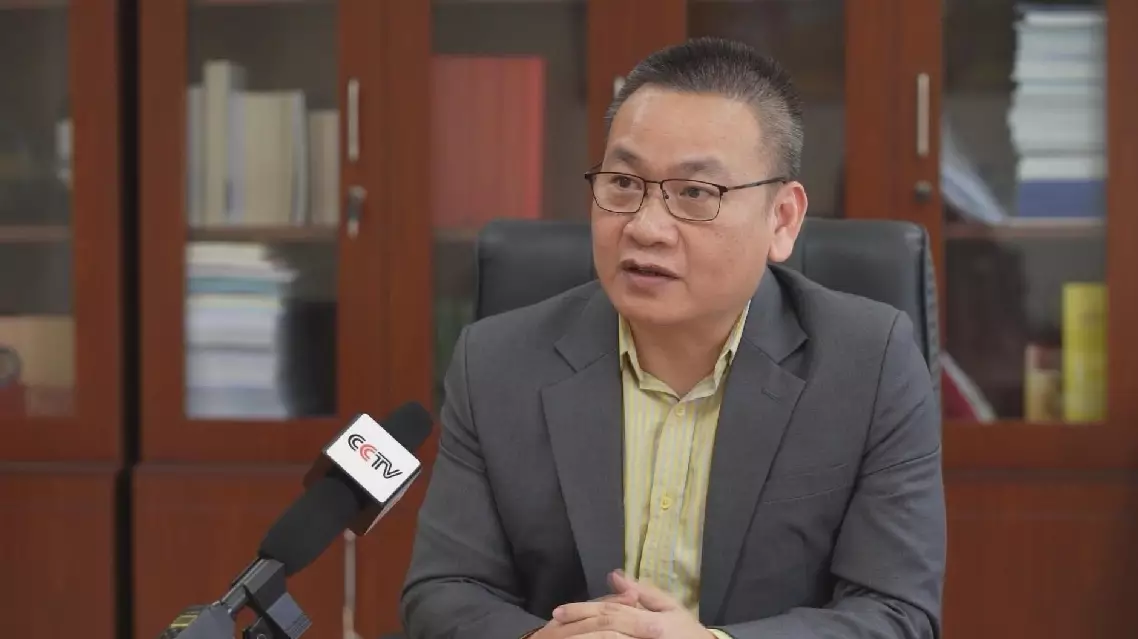
Vietnamese business leaders, academics, civic leaders welcome Xi's state visit
The United States has long been the major external factor affecting Haiti's security, stability, and development, said Geng Shuang, China's deputy permanent representative to the United Nations, on Monday, who also condemned the U.S. for exacerbating Haiti's economic challenges by imposing sweeping tariffs.
Speaking at a UN Security Council meeting, Geng expressed China's deep concern over Haiti's worsening crisis and rampant gang violence, its near-collapse state, and the desperate situation of its population.
For over a century, the United States has blatantly deployed troops, installed puppet governments, and manipulated Haiti's constitution, entrenching itself in Haiti's political affairs, said Geng.
He noted that just a year ago, the United States orchestrated the current political transition arrangements in Haiti. However, following a shift in its own government, the United States has turned a blind eye to that very transition, leaving Haiti mired in internal conflict and turmoil.
According to Geng, the United States has always been the main source of weapons for Haiti, allowing illegal weapons to flow into Haiti from Florida.
In October 2023, the United States spearheaded the formation of the Multinational Security Support Mission, pledging financial support. However, in the past year and more, its actual contributions have been relatively limited. At one point, the Untied States even attempted to convert the mission into a UN peacekeeping operation, citing a lack of funds, said Geng.
This is an apparent act to shift the burden onto the UN and its member states, treating them as little more than an ATM machine, Geng added.
Geng also highlighted the U.S. role in undermining Haiti's development.
While professing support for the Haitian people, the United States has significantly cut foreign aid and continued deporting Haitian immigrants on the pretext of national priorities when Haiti is in dire need of support, said the Chinese envoy. "What is even more shocking is that not long ago, while the United States defied world opinion by imposing sweeping tariffs on all trade partners, it also extended its so-called baseline tariff of 10 percent to Haiti, one of the world's least developed countries as defined by the UN. This act of unilateralism, protectionism, and economic bullying is not just aimed at the so-called competitors like China. It has also inflicted damage on a nation teetering on the edge of collapse, such as a fragile country like Haiti, where the people are in dire straits. This is not only cruel and absurd, but also profoundly heartbreaking," said Geng.
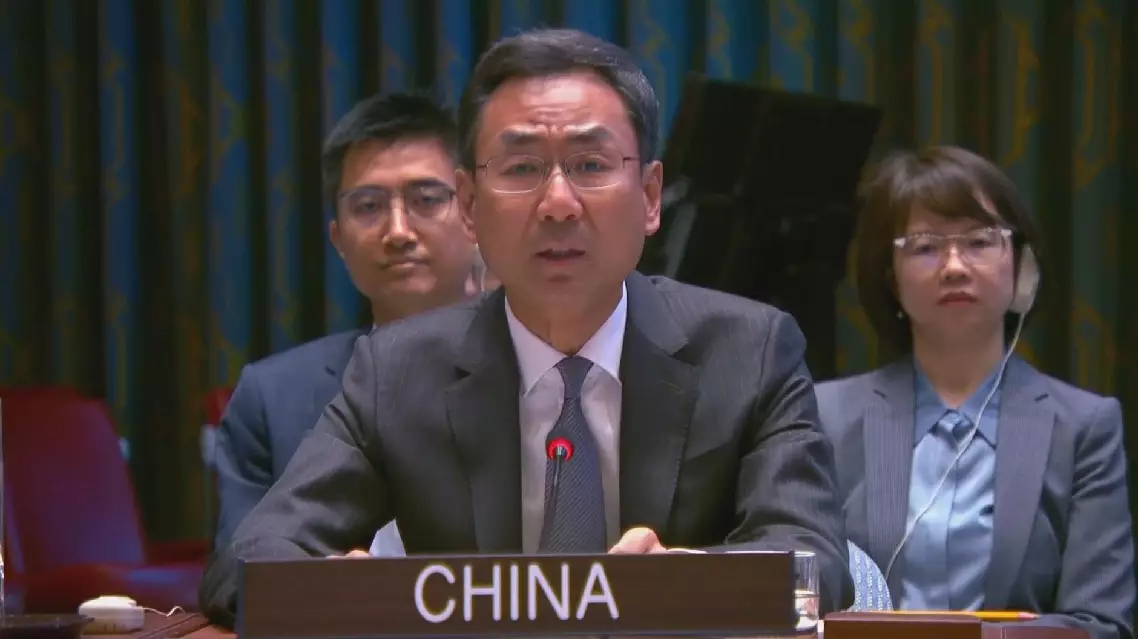
Chinese envoy slams US for negative role in Haiti's crisis



